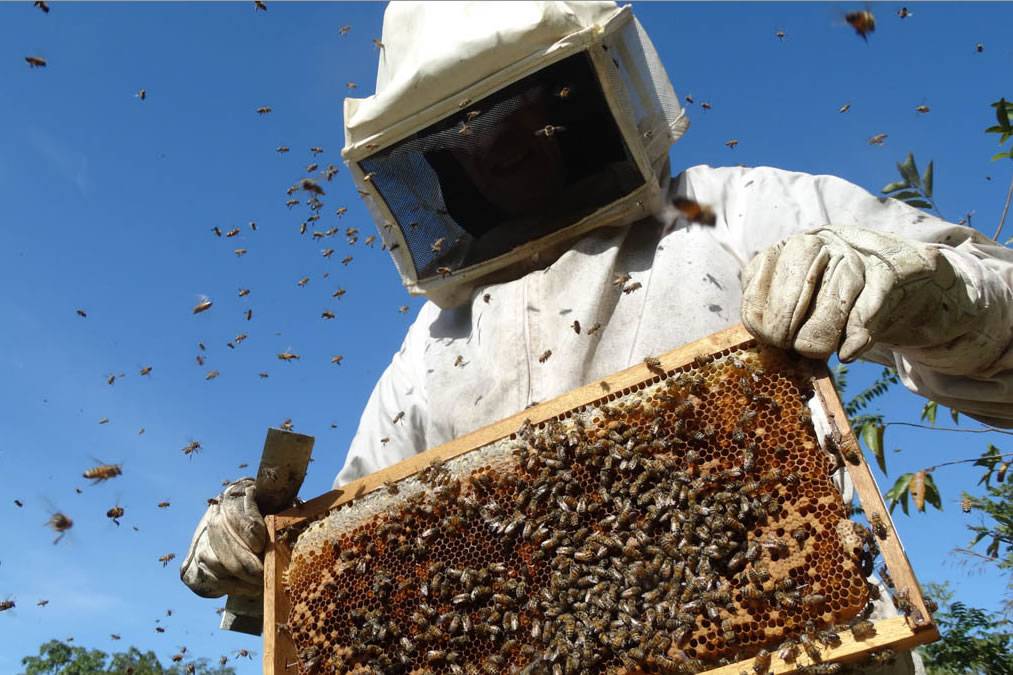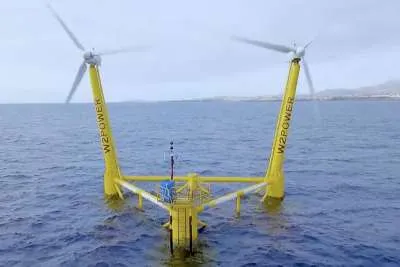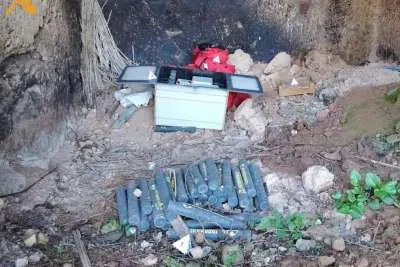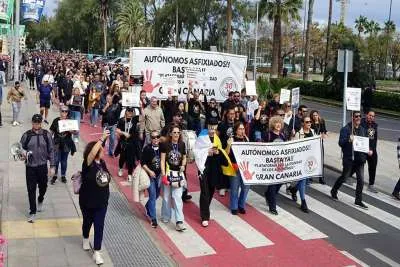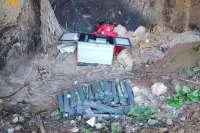Tenerife’s Beekeeping Revival: 2,700 Hives to Relocate to Teide National Park
- 22-04-2025
- Tenerife
- Canarian Weekly
- Photo Credit: Apiten
Tenerife’s struggling beekeeping sector is set to receive a significant boost as up to 2,700 beehives will be relocated to Teide National Park this season. The initiative, approved by the Tenerife Cabildo in collaboration with the island’s main beekeeping organisation, the Tenerife Beekeepers Association (Apiten), will run from 28th April to 28th October.
This move comes in response to the devastating wildfires of 2023, which destroyed more than 1,500 hives and left an additional 2,000 without access to floral resources. The resulting impact saw a loss of over 50 tonnes of honey and dealt a severe blow to the local beekeeping community.
Blanca Pérez, Councillor for the Natural Environment, recently met with park officials and Apiten President Pablo Pestano to set out the framework for the upcoming season. Pérez expressed cautious optimism for 2025, noting that the recent rain has rejuvenated the island’s vegetation and could lead to an encouraging flowering season. Although the risk of heatwaves remains, she believes conditions this year may prove more favourable than the drought-stricken seasons of 2023 and 2024.
Pablo Pestano echoed this sentiment, reflecting on last year’s honey production, which totalled 7,000 kilos across the island, including 1,000 kilos harvested from Teide National Park alone, despite the aftermath of the fires. He praised the resilience of the island’s beekeepers and emphasised the importance of this relocation in helping the sector recover.
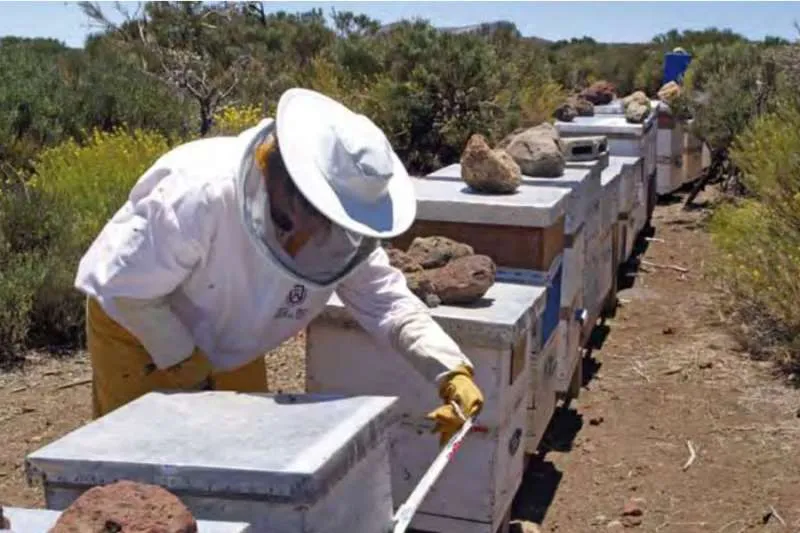
Beekeeping is a vital component of Tenerife’s ecological and agricultural landscape. The island is home to around 600 beekeepers, many of them part-time, who collectively manage approximately 15,000 hives. However, the industry faces increasing challenges due to climate change, recurring drought, and the rising cost of feed, all of which have contributed to a decline in hive numbers and honey output in recent years.
The seasonal migration of hives to the higher-altitude and biodiverse environment of Teide National Park offers a lifeline to beekeepers and a chance to support the local bee population. As Tenerife works to rebuild after last year’s environmental setbacks, this initiative represents a hopeful step toward ecological and agricultural recovery.
Other articles that may interest you...
Trending
Most Read Articles
Featured Videos
TributoFest: Michael Buble promo 14.02.2026
- 30-01-2026
TEAs 2025 Highlights
- 17-11-2025


